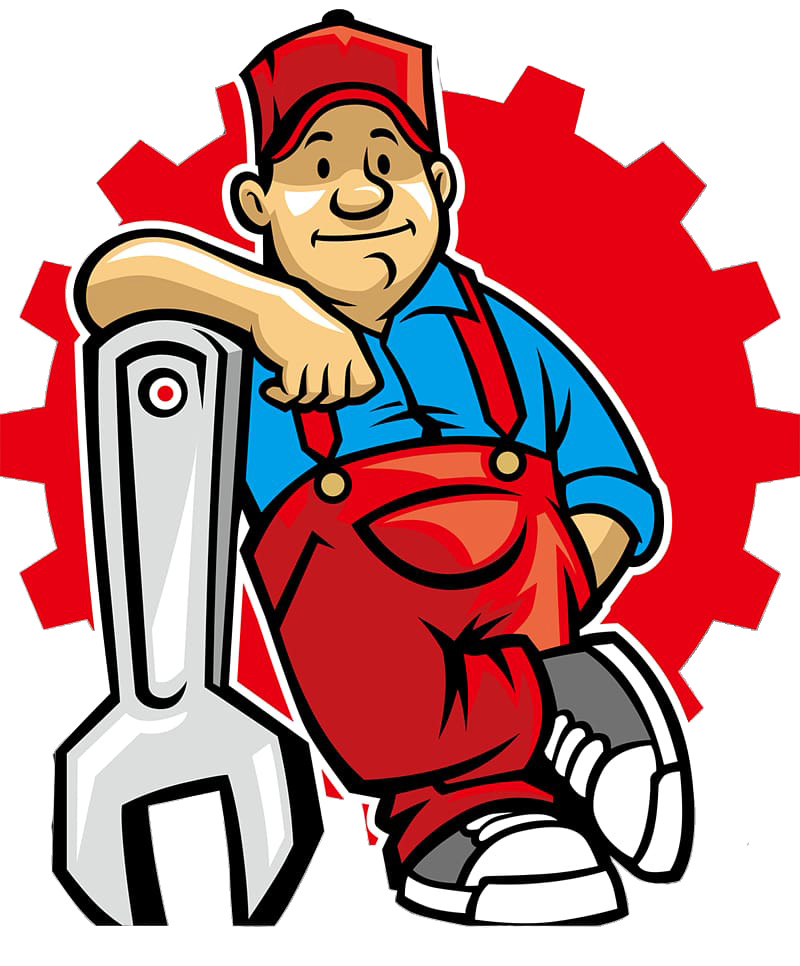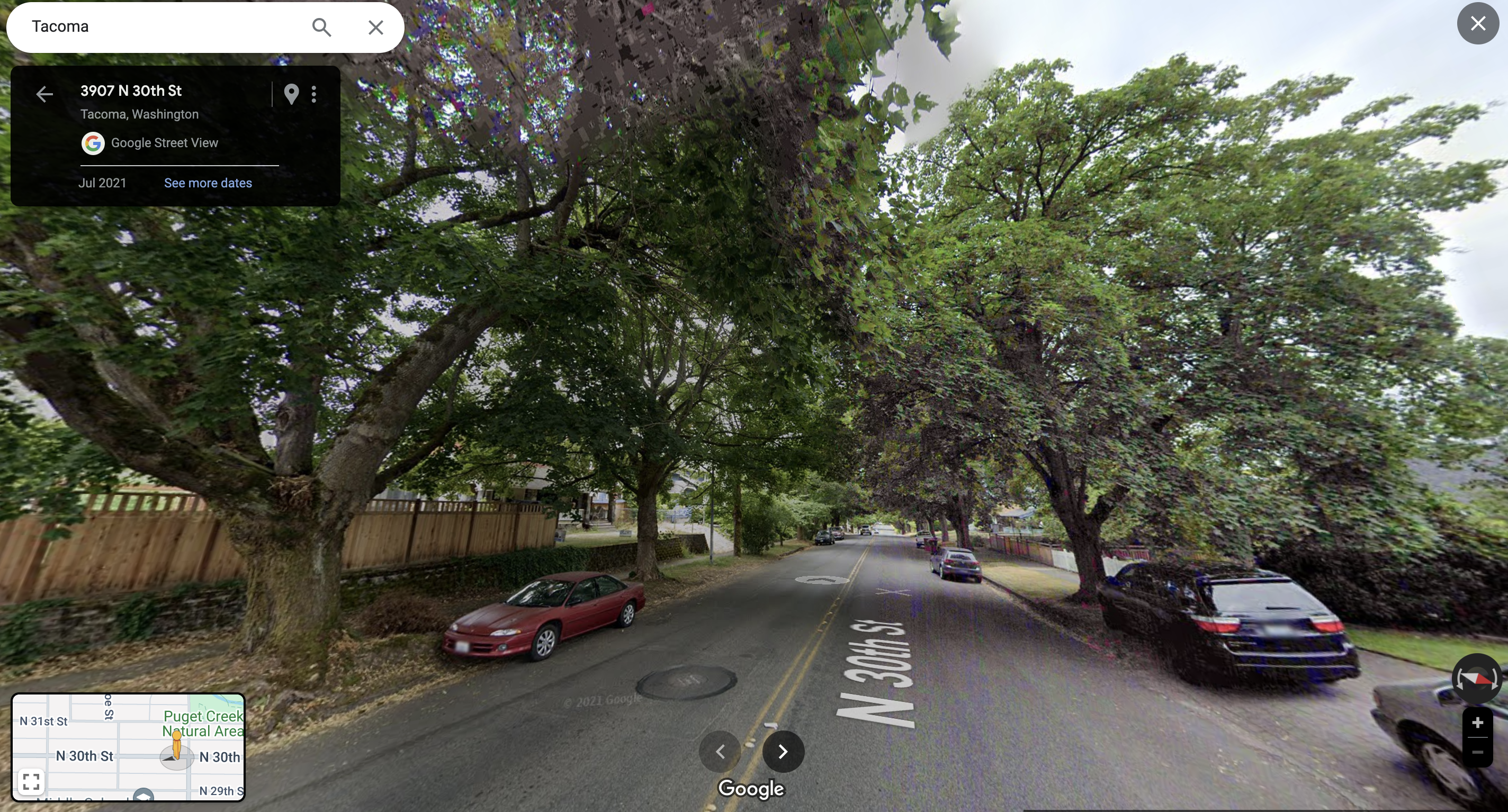A mechanic’s lien is a type of lien used by contractors, subcontractors, or material suppliers to place an encumbrance on a piece of property until a debt is paid. For example, an individual who installs a new deck in someone else’s backyard could place a lien on the property that was improved (the entire parcel of real estate) for the value of the service and/or materials provided. While the lien is in place, it can restrict the sale of the property and may make it difficult for the owner to use the property as collateral or modify an existing mortgage.
Obtaining or Challenging a Mechanic’s Lien
Under Washington law, a lien must be publicly recorded and comply with certain legal formalities to be effective. This means that, for contractors seeking to establish and enforce a mechanic’s lien, it is highly advisable to have an attorney’s assistance along every step of the way. Likewise, if you are a homeowner with a mechanic’s lien over your property, a good attorney may be able to get the lien cancelled if the contractor failed to comply with these formalities.
Here are some issues that may affect the validity and enforceability of a mechanic’s lien in Washington State:
- Whether the lien was filed within 90 days after the party seeking the lien has stopped furnishing labor, professional services, materials, or equipment
- The county in which the lien is filed
- The description of the labor, services, materials, or equipment that was furnished in the notice of claim
- The description of the property to be charged with the lien in the notice of claim
- The identification of the person indebted to the person filing the lien in the notice of claim
- The amount for which the lien is claimed in the notice of claim
These are just some of the procedural and substantive issues that can affect a mechanic’s lien. A full listing can be found in RCW 60.04.091.
Is your lien frivolous?
Another way to get a mechanic’s lien cancelled is by proving that it’s frivolous. A lien is “frivolous” under the law when it is made without reasonable cause or is excessive in light of the services performed or materials provided. If successful, the lien will be released or reduced and the lien claimant will be required to pay reasonable attorney’s fees.
If you are a contractor, you need to be careful that your lien cannot be challenged for frivolousness. If you a homeowner with a mechanic’s lien on your property, it may be worth looking at the legal procedure through which to challenge frivolous claims. Regardless of which side you’re on, it’s usually a good idea to retain qualified legal counsel to maximize your chances of success.



